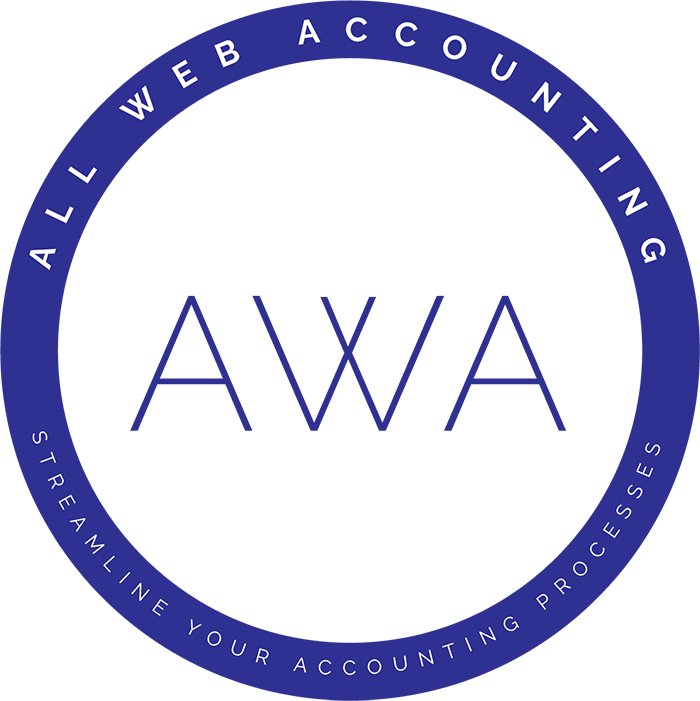Essential Financial Strategies for Freelancers and Creatives

Freelancers and creative professionals enjoy the freedom of self-employment, but managing finances without a structured plan can be overwhelming. Unlike traditional employees, freelancers must handle their own taxes, retirement planning, and budgeting. Implementing smart financial strategies ensures stability and long-term success. In this guide, we’ll cover essential retirement tax planning strategies, expense management, and useful tools like QuickBooks Payroll and accounting packages to help freelancers take control of their financial future.
1. Budgeting for Irregular Income
Unlike salaried workers, freelancers and creatives often experience fluctuating income. To manage this uncertainty, consider these budgeting strategies:
- Create a baseline budget: Calculate your essential monthly expenses (rent, utilities, groceries, insurance) and ensure you have enough savings to cover at least three months of expenses.
- Use separate accounts: Keep personal and business finances separate to track expenses easily.
- Automate savings: Set up an automatic transfer to your savings account every time you receive payment from a client.
2. Retirement Tax Strategies for Freelancers

Freelancers must take charge of their own retirement planning, as they do not have employer-sponsored plans. Here are some key retirement tax strategies:
- Open a Solo 401(k) or SEP IRA: These retirement accounts allow freelancers to save for the future while reducing taxable income.
- Contribute to an IRA: Traditional and Roth IRAs provide tax advantages and are great options for long-term savings.
- Deduct contributions: Many retirement contributions are tax-deductible, reducing your taxable income.
3. Tax Planning to Reduce Liabilities :
Tax planning is crucial for freelancers. Without proper strategies, tax bills can be overwhelming. Implement these retirement tax planning strategies:
- Track deductible expenses: Business-related expenses such as office supplies, software subscriptions, and marketing costs can lower your taxable income.
- Pay quarterly estimated taxes: Freelancers must pay taxes every quarter to avoid penalties from the IRS.
- Hire an accountant: Searching for accountants near me can help you find professionals who specialize in freelancer finances.
4. Finding and Managing Clients Effectively:
A steady stream of clients is essential for consistent income. Here’s how to find creative freelancers and attract clients:
- Use online platforms: Websites like Upwork, Fiverr, and Behance help creatives showcase their work and attract potential clients.
- Network within industry circles: Attend events, join professional groups, and use social media to connect with potential clients.
- Create a professional website: Having an online portfolio increases credibility and visibility.
5. Using Accounting Software for Financial Management:
Handling invoices, expenses, and payroll manually can be time-consuming. Investing in accounting packages like QuickBooks Payroll streamlines financial management:
- Automate invoicing: Send invoices on time and track payments easily.
- Manage expenses: Categorize business expenses to maximize deductions during tax season.
- Simplify payroll: If you hire subcontractors or assistants, QuickBooks Payroll ensures timely payments and compliance with tax laws.
6. Building an Emergency Fund:

Since income can be unpredictable, an emergency fund is essential. Freelancers should aim to save at least 3–6 months’ worth of living expenses. Consider these tips:
- Save during peak months: When business is booming, set aside a portion of earnings.
- Use high-yield savings accounts: Earn interest on your savings to grow your emergency fund faster.
- Cut unnecessary expenses: Review subscriptions and services that you don’t use frequently.
7. Health Insurance and Financial Protection:
Unlike full-time employees, freelancers must arrange their own health insurance and financial protection. Consider these options:
- Health insurance marketplace: Compare plans and choose one that fits your budget and needs.
- Disability insurance: Protect yourself in case of illness or injury that prevents you from working.
- Life insurance: If you have dependents, a policy ensures financial security for your family.
8. Managing Payments and Avoiding Late Payments:
Freelancers often face delayed payments. Here are ways to ensure timely compensation:
- Set clear payment terms: Require deposits before starting a project and include late fees in contracts.
- Use invoicing software: Accounting packages help track unpaid invoices and send reminders.
- Offer multiple payment methods: Accept bank transfers, PayPal, and credit cards to make it easier for clients to pay.
9. Scaling Your Business for Long-Term Growth:

Freelancers who aim to grow their business should consider hiring subcontractors, expanding services, and raising rates:
- Outsource non-core tasks: Hiring other professionals from find creative freelancers’ platforms can help with design, marketing, and administrative tasks.
- Increase rates over time: Regularly evaluate your pricing structure based on experience and demand.
- Develop passive income streams: Selling online courses, templates, or printables can supplement client-based work.
Conclusion:
Financial stability is key for freelancers and creatives who want to thrive in a competitive market. By implementing retirement tax planning strategies, managing expenses with QuickBooks Payroll, and utilizing smart retirement tax strategies, freelancers can secure their financial future. If you’re looking to grow your business, streamline payments, and find reliable accountants near me, taking control of your finances now will lead to long-term success.
Are you ready to take charge of your finances? Start implementing these strategies today to ensure a stable and profitable freelance career!
